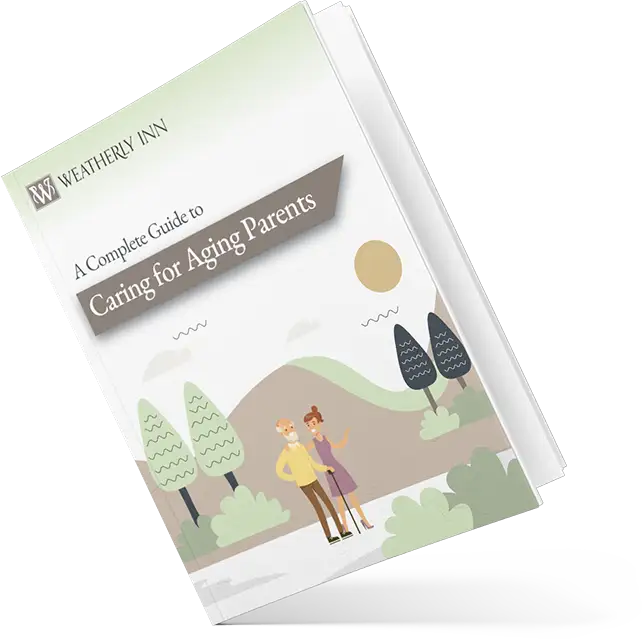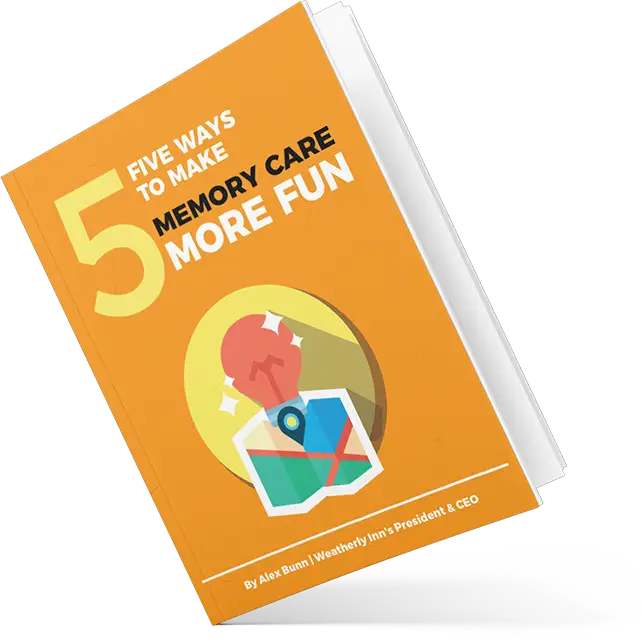November 28, 2019
When your spouse, parent, or other loved one is diagnosed with early dementia, it can be a terrifying time. We understand! With this article, we’re going to provide you with some resources for family caregiver support and patient support to help you learn how to cope with the changes happening to your loved one, and in your family life. The most important thing you can do for your loved one with early dementia is to support them as best you can.
Signs and Symptoms of Early Dementia
Some caregivers know right away that their family member has early dementia or Alzheimer’s disease because they display apparent symptoms. On the other hand, an early dementia diagnosis may seem to come out of nowhere!
If you were shocked by a diagnosis of Alzheimer’s disease, it’s probably because your family member didn’t show the typical symptoms of memory loss. Or, they may have been hiding it from you. Please know that Alzheimer’s and dementia affect everyone differently.
So never feel guilty if you think you “missed” an important symptom, or that the diagnosis is your fault in any way. It’s not.
Here, we’ll discuss how you can help your loved one deal with the usual dementia symptoms. As Alzheimer’s disease progresses, you’ll likely deal with at least one of these common situations:
Wandering
According to the Alzheimer’s Association, six in ten patients will become confused and wander, even leaving their homes and neighborhood. It’s very dangerous, as patients can forget their names, addresses, phone numbers, and so on. These are all signs of short-term memory loss and should not be neglected.
To support your loved one, be aware of the potential to wander. Be on alert if your loved one tends to forget notable landmarks, asks to “go to their own home” when they are already at home, or talks about completing tasks they’ve already finished, like going to work or taking a shower. These signs are often precursors to short-term memory loss and wandering.
You can also support your loved one with dementia by sticking to a familiar routine. Consider installing door locks much higher or lower than their usual line of sight. And keep your family member away from busy, bustling situations which might stress them out and lead to confusion.
If you’ve experienced wandering with your family member already, try to note the time of day. Patients seem to get into a “habit” of wandering around the same time of day or night.
If your loved one’s wandering is getting out of hand, it might be time to consider an assisted living or memory care community that is equipped to deal specifically with Alzheimer’s patients. A move toward assisted living doesn’t mean you’ve “given up” on your loved one. It means you’re looking out for them!
Agitation
Per the National Institute of Health, roughly 70% of dementia patients will experience some form of agitation, and approximately 90% will experience some behavioral issues.
It can be tremendously difficult when your loved one focuses their anger or agitation at you, the caregiver. Try not to take their outbursts too personally. We know this is easier said than done. Contact us if you need respite care or a referral to a caregiver support group. Sometimes caregivers just need a break! We’re here to help!
Paranoia, Delusions, and Suspicion
As noted by the Alzheimer’s Association, “A person with Alzheimer’s may become suspicious of those around them, even accusing others of theft, infidelity, or other improper behavior. While accusations can be hurtful, remember that the disease is causing these behaviors and try not to take offense.”
Paranoid feelings and suspicions are less likely to occur in the early stages of the disease and are more common in the middle stages. If your loved one accuses you of stealing their money, or ratting them out to the police, know it’s the disease talking, not your loved one.
Support Your Loved One With Early Dementia to Accomplish Daily Tasks
As the disease progresses, you’ll notice your family member beginning to struggle with daily tasks like:
- Eating, remembering to eat, preparing food
- Bathing and hygiene
The best thing you can do for their well-being is to remind them daily to take care of themselves. Suggest that they eat or drink something several times during the day, and make sure they’re bathing a few times a week. Create a schedule for consistent mealtimes for breakfast lunch and dinner. Establishing a daily routine of eating at the same time is vital for a better quality of life and healthier living.

If your workload and family life are hectic, it may be time to get involved with respite care or find in-home professional help for your family member. You should never feel guilty about these decisions! These are choices you make to ensure that your loved one has the best of care, which might mean moving to a senior living community.
Communicating With People Who Have Dementia
We think Alzheimers.net says it best: “As Alzheimer’s disease progresses, it becomes easier to forget that your loved one is still present. Many caregivers are frustrated by their loved one’s inability to communicate their thoughts or remember faces and names. The disease eventually takes away independence so that caregivers become the feet, hands, and minds of people struggling with dementia.”
Your loved one may struggle to remember who you are, and the critical role you’re taking on for them. They aren’t purposely ungrateful. Those portions of their brains simply aren’t working correctly anymore.
Communicating with a dementia patient is a skill you’ll learn with practice. Remember to:
- Stay calm. Avoid getting emotional or upset in front of your family member. Especially on the bad days, it can be easy to lose patience; however, getting worked up only makes the situation harder for your loved one.
- Write things down. You may remind your loved one about their doctor’s appointments or check-ups several times, but they still may forget. Write things down where he or she can see them throughout the day.
- Maintain eye contact. It is essential to stay engaged in conversation, and the best signals of engagement are through body language and eye contact.
- Keep useful lists of their medications, doctor’s names and phone numbers.
- Avoid arguments, especially over trivial matters. Pick your battles! Save that energy for the situations that matter, like taking their medications.
- Give them independence when appropriate. If your loved one can choose his or her clothing, or make a sandwich, let them!
Ultimately, the best way to support a loved one with early dementia is to develop a “thick skin” and look for outside help when you need it. Respite care and full-time assisted living are care options available to you when you’re ready for them. Caregiver support groups can also help you, the caregiver, understand that you are not alone in this. Check out our blog for more quality elder care and dementia care topics. Even if you are just having trouble deciding between short-term or long-term care, we’re here to help!



